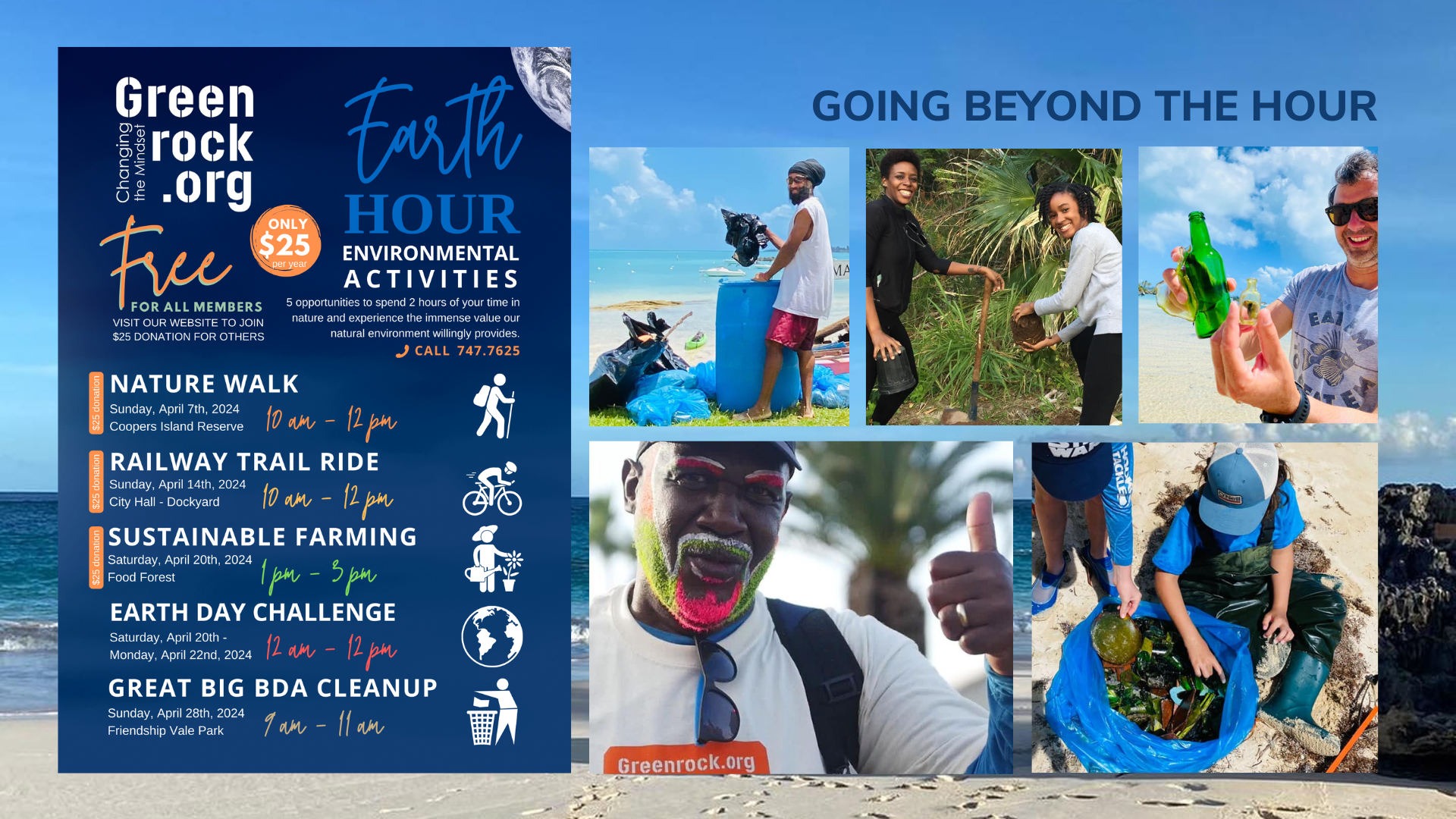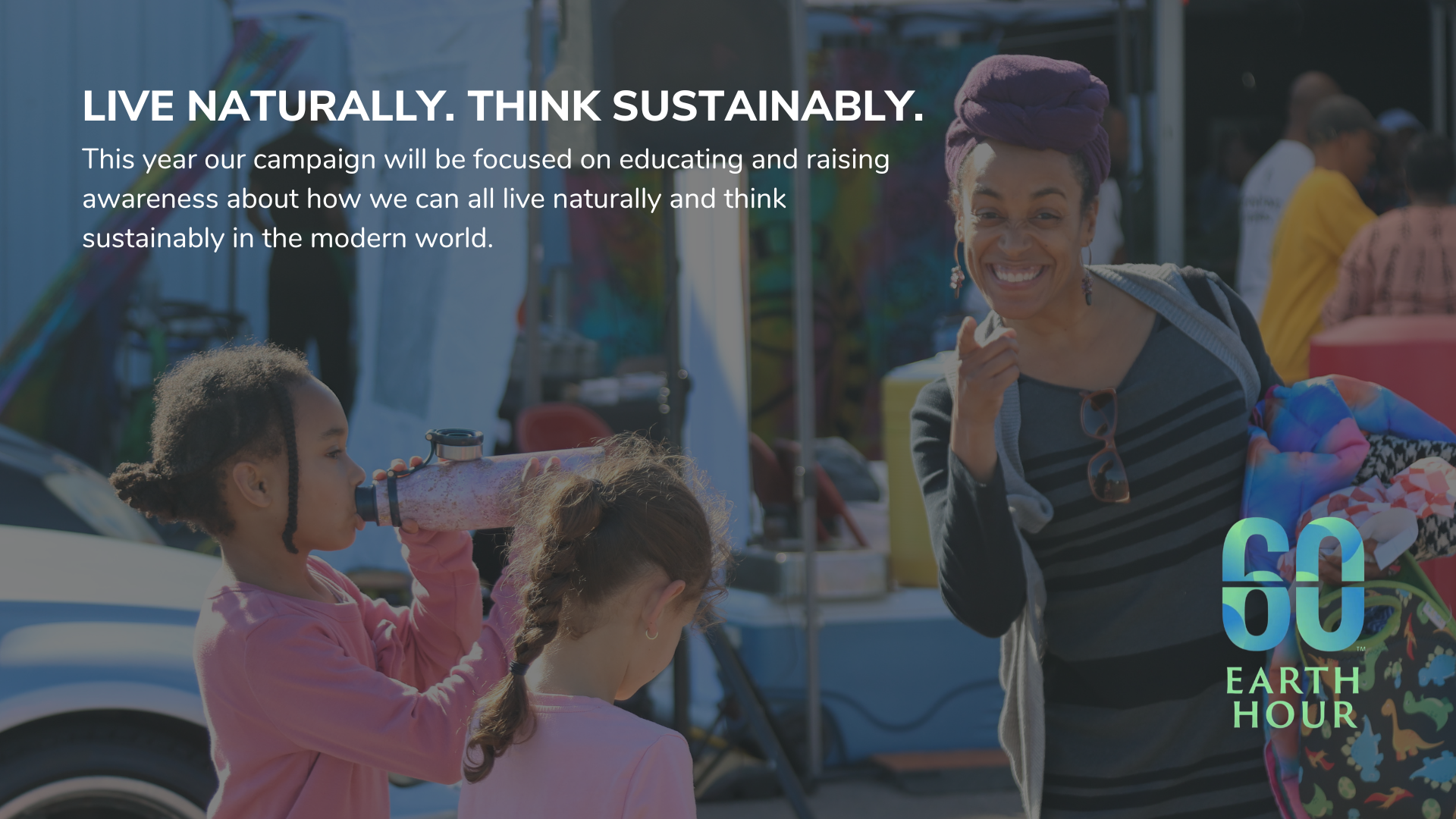The group, who visited the current facility at the Airport Dump in November, were appalled to see the manner in which we are currently managing the dumping of our bulky waste such as vehicles and appliances.
For over 40 years now, bulky waste has been dumped at the Airport Dump with little regard for the environment.
Recent research by the Bermuda Institute of Ocean Sciences (BIOS) shows that those years of dumping has now contributed to large amounts of metals, PCBs, PAH and dioxins to currently be found in the sediment in Castle Harbour.
The vehicle recycling group, which consisted of Greg Wilcox, president of Midway Auto Parts in Missouri; President Kent Rothwell and Vice-President Bruce Byrne of Weaver Automotive in Georgia and Tom Denton owner of Knox Auto Parts in Tennessee as well as Kansas-based Al Rettenmaier president of Integrated Energy Solutions a company that implements renewable technology for its customers, also toured other notorious dumping sites around the Island, as well as Marsh Folly and the Material Recovery Facility.
For over 40 years now, bulky waste has been dumped at the Airport Dump with little regard for the environment.The team were invited in November by Greenrock to present to key stakeholders. These included the likes of insurance companies, car dealers and auto repair businesses, in the hopes of putting together a working group to pursue their idea for a new facility at the Airport Dump that would incorporate the proper disposal and dismantling of vehicles and white goods and create an inventory of parts that would be used to create revenue to keep the project going.
"What we know is that the space we are currently using is very limited and not sustainable," explained Andrew Vaucrosson, president of Greenrock, during the evening's presentation. "We are concerned about our global image and our need to embrace nature and we want to preserve the Island as a business and tourist destination."
Midway Auto Parts and Weaver Automotive are two of the largest independent US recyclers. They, along with Mr Denton are part of the United Recyclers Group (URG) and Team PRP, which have been set up to register and regulate all US auto recyclers with a set of standards.
The introduction came through Zurich Insurance, where Mr Vaucrosson is currently employed in risk management for Zurich's Investment Accounting and Administration. Through his volunteer work with Greenrock he became involved with Zurich's Global Climate Initiative. It was during a conference that he was introduced to Zurich's Chief Climate Product Officer, Lindene Patton, who put him in touch with URG.
"When I told her (Ms Patton) that we were not (recycling our vehicles) and that we dumped them into the inshore waters, she was shocked," said Mr Vaucrosson when he later discussed with the Green Pages his fortuitous meeting with Ms Patton.
"Ms Patton felt, along with myself, that this practice of dumping into inshore waters was not the right thing to do from an environmental, social and legal perspective when you consider that there are groups like URG who are developing standards and 'best practices' that could easily be followed in an affluent country like Bermuda. She also felt that if the right experts could be introduced to Bermuda's situation, than a sustainable solution could be created."
From an environmental standpoint, research done at BIOS has shown "exceeding levels of metals, PCBs, PAH and dioxin in sediments within 80m of the airport facility", according to information based on recent reports sent to the Department of Environmental Protection.
"Four of the contaminants in the sediments (dioxins, furans, PCBs and the oganochlorine Chlordane) are on the 'dirty dozen' list of persistent organic pollutants (POPs) that have been targeted by international convention as priority pollutants for elimination or reduction of release," the report, which was compiled by Dr Ross Jones and Tim Noyes, the Marine Environmental Programme manager, explained further.
However, the report states that as waste management practices have improved, including the opening of the Material Recovery Facility, which sends a great deal of waste that would have in the past been sent to the Airport Dump, there is hope for the future of the environment surrounding the current facility. But BIOS has suggested that more needs to be done, including more recycling by the general public to lessen the demand on the facility, an external review of Bermuda's current bulk waste disposal strategy, more enforcement of conditions stipulated in the Airport Waste Management Facility Operating Licence, better measures on inspection of waste entering the airport facility and more regular monitoring of environmental contamination around the environment at the facility.
The BIOS team welcomed the concept of the vehicle recycling facility, noting that it "could potentially reduce the introduction of pollutants to the surrounding area".
According to the auto recyclers, the facility could also reduce auto insurance claims, reduce the wait time on repairing vehicles and help to standardise the salvaging of used parts from the Airport site.
During the presentation, Mr Rothwell explained that the breakdown of an EOL (end of life) vehicle represented 75 percent of the parts being salvaged for reuse, 20 percent of the metal recycled and melted down for another use and 5 percent of the vehicle thrown away although research is being done to figure out how to lessen this amount.
"The benefit of using scrap metal compared to new metal is the significant savings to the customer," he said.
The recyclers are also able to access up-to-date data that shows what parts are in demand by customers by taking an in-depth inventory of each part that is salvaged.
"The vehicle is dismantled based on what the data has said we could possibly use for resale," Mr Rothwell continued. "Fluids are dealt with and drained and separated in appropriate containers and recycled or reused. In our case, the car carcass is kept for any future needs. For this to be economically sustainable we need to be able to resell the parts."
In the US revenue for various parts include $941.60 for an engine and $545.35 for a transmission, he said.
But one of the many issues that were raised during the presentation included a local culture that does not want to use second-hand parts in their vehicles. Because of the Islands affluence and our throwaway mentality, there is some resistance to using a second-hand part.
Although, cost and waiting time have been a factor in some people being more willing to use second-hand parts if it means getting their car back on the road.
"There's a fear that if a part has gone to a salvage yard it is no good," said Tom Denton when the auto recyclers sat down to talk with the Green Pages after their presentation.
"But if that same part that you needed was in your neighbours four-year-old car and it would mean you would be able to get your car started you would use it in a heartbeat. We need to change the mindset and get everybody insurance companies, auto repair businesses, government on the same page."
While the auto parts recycling industry in the US is on a much larger scale, the team said it is an easily scalable project that can work for Bermuda.
"It will definitely be a trial and error period at first," explained Mr Wilcox. "Things like chemicals, some of which may be able to be reused, others would be shipped back to the US for proper disposal. The skeleton of the car would be crushed into a bale as there would be no capability of shredding or making the raw material here and that could be sent back to the US. There are models that can be changed and adapted to fit the needs of the Island. Some of the facilities in the US don't have the space to store cars."
The team hope to get the facility going with the view to finding a local company to train and eventually take over the programme.
"It's a viable economic answer that would create jobs and save the environment," added Mr Rothwell.




